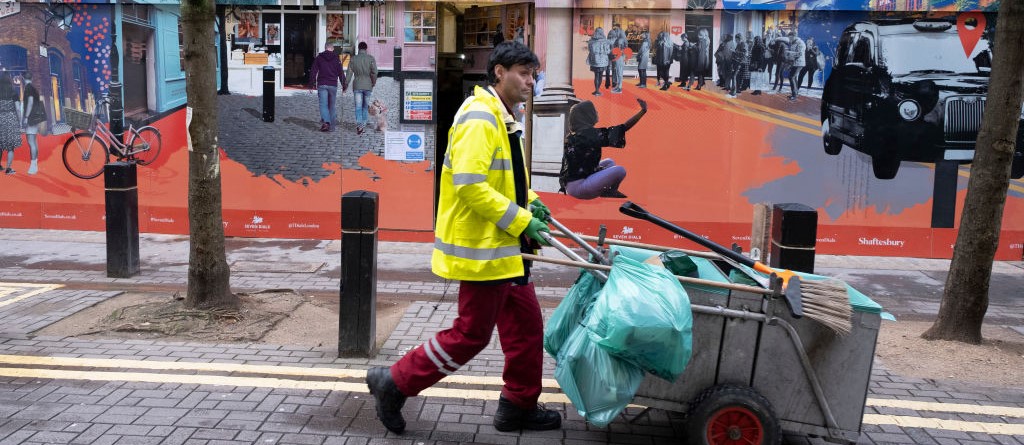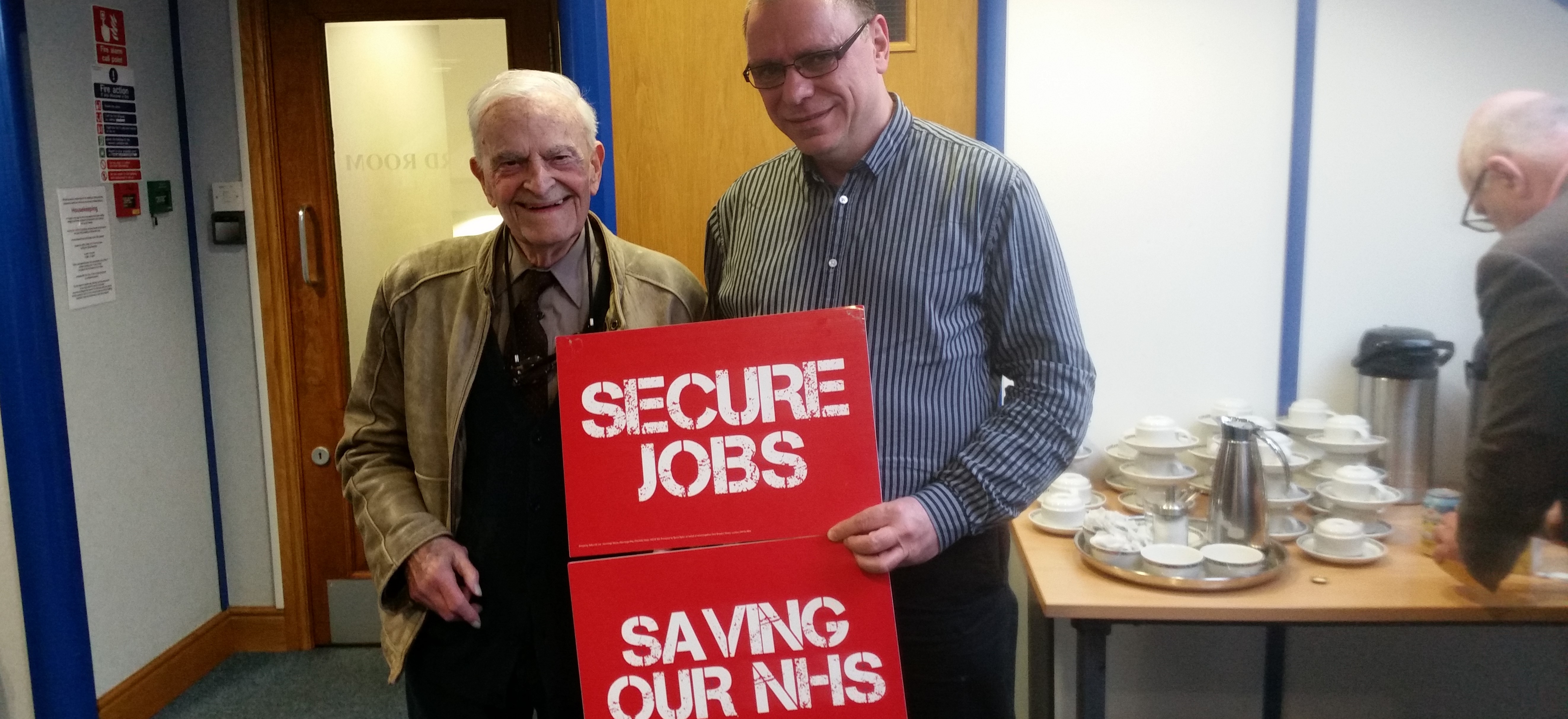‘Fairer funding means more funding’
Northern cities have borne the brunt of the massive cuts to local authority spending since 2010, with Liverpool and Barnsley among the hardest hit.
According to a new report from the Centre for Cities think tank, it is northern areas, also among the poorest, that have been most impacted by the slashing of local government funding that’s been axed by half under this and the previous Tory-led governments.
The top five cities worst affected by austerity cuts were all in the North of England, including Barnsley, Liverpool, Doncaster, Wakefield and Blackburn. Cities in northern England bore an average 20 per cent cut in local government funding, compared to only 9 per cent in cities in the South West, East of England and South East, excluding London.
Liverpool residents bore the harshest cuts per head since 2010 at £866 per head, while Barnsley saw the greatest percentage fall in local spending over the last decade – down 40 per cent, compared to a national average of 14 per cent.
The Centre for Cities also found a stark divide in spending cuts between urban areas and leafier suburbs – although cities are home to only 54 per cent of the UK’s population, they have borne 74 per cent of all real-terms cuts to local authority funding.
London has been hit with the biggest absolute cuts in local authority funding, with nearly ÂŁ4bn cut from funding for the 32 boroughs that comprise the capital. London constitutes only 16 per cent of the population but has shouldered 30 per cent of all local authority cuts.
The Centre for Cities highlighted that targeted cuts to local authorities’ central government grant has left the UK’s poorest towns and cities struggling to cope because it is these areas that are least able to raise funds through, for example, rises in council tax.
Cash-starved councils have attempted to weather the austerity storm by raising funds from commercial investments, with billions borrowed to invest in office blocks, airports, shipping companies and shopping centres, for example. About ÂŁ1.2bn has been raised from these investments but this has still only recovered 5 per cent of incomes lost through cuts.
Councils have also attempted to raise funds by charging for services such as social care, parking and recycling, with York City Council increasing income from charges most – almost a quarter of its total income comes from charging residents for services.
The report found that there has been a major increase in cities’ spending in social care over the last decade – ten years ago, only 4 of 62 cities said they spent the majority of their finances on social care, while now, half of these cities do.
Responding to the news that Liverpool was the city hardest hit by austerity cuts, Liverpool Mayor Joe Anderson said, “The government is turning a blind eye to the reality of what is happening to local authorities, in particular, the poorest.”
Labour MP for Liverpool Walton Dan Carden tweeted, “The only thing that will transform our communities is Labour investment and ending the rigged economy.”
Centre for Cities chief executive Andrew Carter argued that local government urgently needs more funding.
“Councils have managed as best they can but the continued singling-out of local government for cuts cannot continue,” he said. “There is a very real risk that many of our largest councils will in the near future become little more than social care providers. Fairer funding must mean more funding for cities.
“If, as the Prime Minister has said, austerity is coming to an end then the Spending Review must address the financial challenges facing cities,” Carter added. “But this does not just mean more money. Giving local authorities more power to decide how they raise and spend funds, providing more flexible multi-year budgets and reforming the way social care is paid for also need to be urgently introduced.”
Unite general secretary Len McCluskey said at a memorial event in in Leeds on Saturday (January 25), that Labour councils should use their reserves when appropriate to fight back against cuts that continue to bite.
“I would like people to examine the issue of using the reserves and (would) like to see if Labour councils can work closer together,” he said.
 Like
Like Follow
Follow

